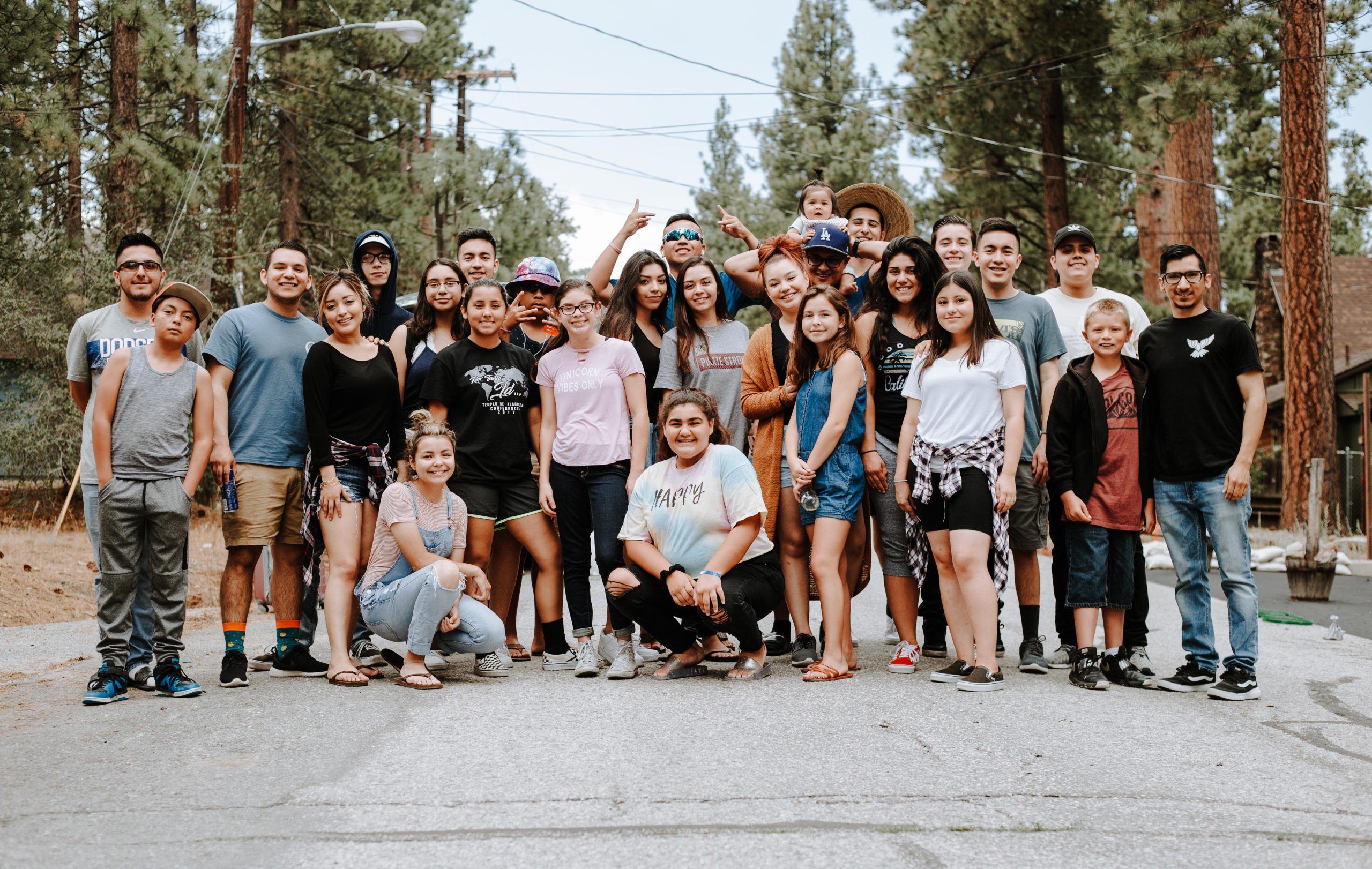Blended families, also known as stepfamilies, are becoming increasingly common in today’s society. These families are formed when two people with children from previous relationships come together to form a new family unit. While blending families can be a rewarding experience, it can also be challenging. Here are some tips for building strong relationships in blended families.
1. Communication is Key
Communication is essential in any relationship, but it is especially important in blended families. It is crucial to establish open and honest communication from the beginning. Encourage family members to express their thoughts and feelings, and listen actively to what they have to say. This will help to build trust and create a sense of belonging within the family.
2. Respect Each Other’s Boundaries
In blended families, it is important to respect each other’s boundaries. Each family member may have different expectations and needs, and it is essential to acknowledge and respect them. This includes respecting each other’s privacy, personal space, and time alone. By doing so, you can create a safe and comfortable environment for everyone in the family.
3. Create New Traditions
Blended families often come with different traditions and customs. It is important to create new traditions that everyone can participate in and enjoy. This can include holiday traditions, family outings, or even weekly family dinners. By creating new traditions, you can help to build a sense of unity and belonging within the family.
4. Be Patient
Blending families takes time, and it is important to be patient. It may take some time for family members to adjust to the new family dynamic, and that is okay. Be patient and understanding, and allow everyone to adjust at their own pace. With time, you can build strong and meaningful relationships within your blended family.
5. Seek Professional Help
Blending families can be challenging, and it is okay to seek professional help. Family therapy can be a great way to work through any issues or conflicts that may arise. A therapist can help to facilitate communication, provide guidance, and offer support to help your family build strong and healthy relationships.
In conclusion, blending families can be a rewarding experience, but it can also be challenging. By establishing open communication, respecting each other’s boundaries, creating new traditions, being patient, and seeking professional help when needed, you can build strong and meaningful relationships within your blended family. Remember, building a blended family takes time, effort, and patience, but the rewards are well worth it.




